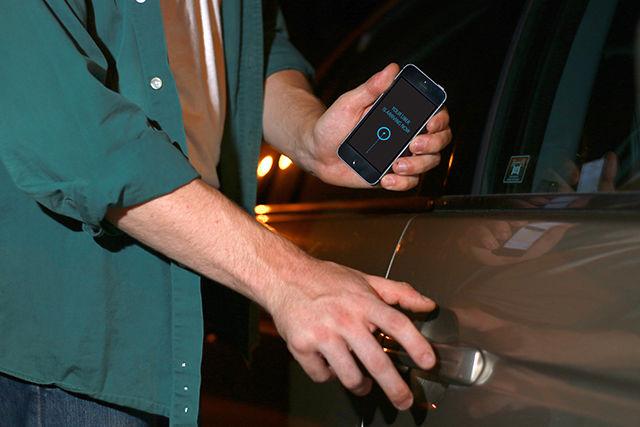“Oh, there’s an app for that.” We’ve all said it, and I don’t blame us. It’s cool to go to the app store and browse for things that are new and exciting. There are apps for everything; from diet tracking, to virtual board game playing, it’s important to see how certain, more popular apps are affecting our lifestyle. The calendar app on my phone means that I don’t use an actual planner anymore. The alarm clock function led me to stop using my real clock that I have had since the third grade. You never realized how life-changing apps could be, right?
Uber is a particularly popular one among college students, although it is not without controversy. You might have heard of it. Who am I kidding? You have definitely heard of it if you go to college in a city with limited public transportation.
Part of Uber’s success is due to how easy and accessible it is for the rider. Uber is convenient to use because all you have to do is open the app, click the button for a car, punch in an address for where you want to go and a driver appears within minutes to your location.
The use of the app in smaller cities like Raleigh doesn’t have as much of an effect on taxi sales, considering Raleigh is a relatively small city and you don’t see many taxis just driving around looking for their next clients.
However, in bigger cities like New York and Chicago, people have been using Uber more often, causing taxi sales to plummet. In order to operate a cab in New York City, you need a city-issued license called a medallion, which is basically a metal piece for the car. To prevent glutting the market with poorly maintained taxis, there are a limited number of medallions that can be given in New York. For that reason, in 2013, they cost as much as $1.32 million, most often purchased and leased out by large investment firms. Since the takeoff of Uber in early 2014, the price for medallions has dropped to $650,000.
For obvious reasons, taxi companies are angry about the competition because Uber steals so much of their business. According to New York City’s “Taxi King,” Gene Freidman, Uber is the “nastiest, most morally corrupt company ever.” Although his quote may be a little hyperbolic, his exaggeration is warranted and his opinion is shared by many other taxi companies.
On the other side of the story, Uber is stuck in a limbo between government regulation and the company’s extreme popularity. Adam Chandler, a writer for The Atlantic, said that companies like Uber and Airbnb have a “tradeoff between its wild growth and the civic response to it.” Any company would want to keep growing until it is at its capacity, but people won’t let Uber because of how it diminishes other companies in the same industry.
So, where does a college student stand? Apps like Uber make it super easy for people to get the things they need in a quick way. Likewise, Uber is ingrained in the college lifestyle. For as long as I have had a debit card, which is the only way to get an Uber, the app has been around. Heavy regulation of the company would lessen Uber availability, limiting its services, which would make it harder for us, as consumers, to get a ride.
Uber should be regulated to an extent in order to keep the company in line with government standards and be fair to taxi companies in major cities. Uber can still be used around the world as long as each city determines what regulations should be in place in order to keep Uber from monopolizing and becoming the end-all and be-all to transportation.















